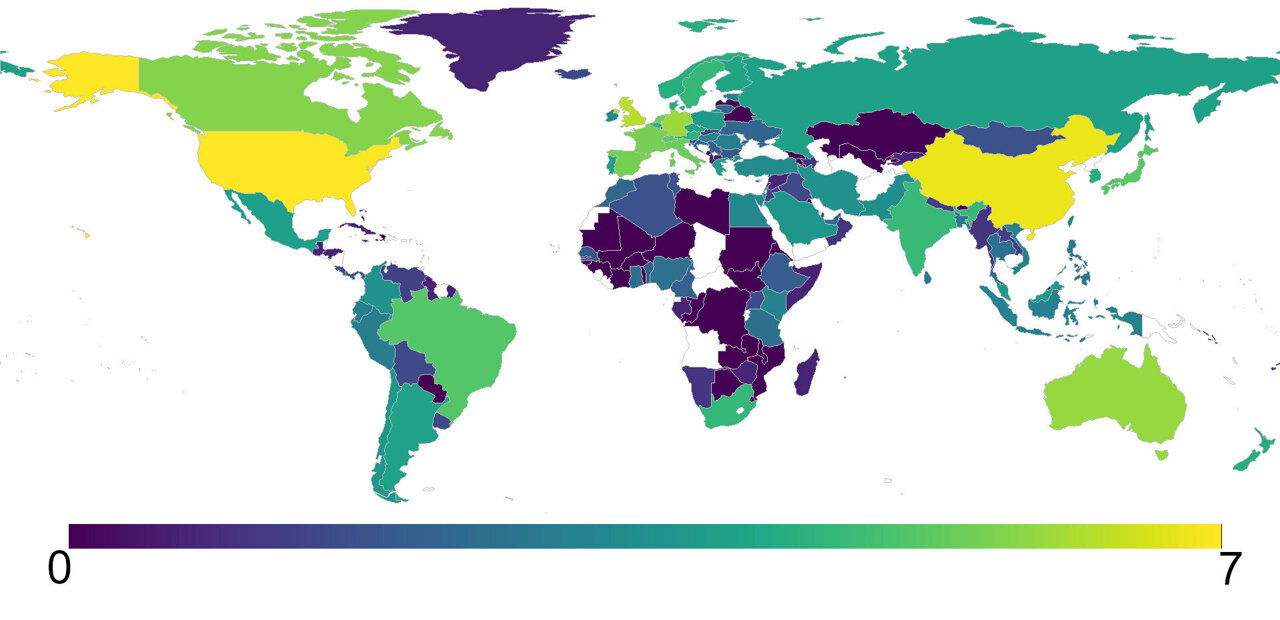
The global scientific landscape is experiencing heightened scrutiny over a persistent imbalance in research output, where a disproportionate number of studies originate from economically developed countries. This trend has sparked growing concern among experts and institutions about the implications for global equity, innovation, and the representation of diverse perspectives in science.
Researchers and policymakers have increasingly pointed out that nations with robust funding infrastructures and advanced technology continue to dominate the production of scientific knowledge. Meanwhile, low- and middle-income countries often face barriers such as limited access to funding, technological resources, and publishing opportunities. This can lead to a skewed understanding in critical fields such as public health, climate science, and agriculture, where localized insight is essential.
“Science should reflect the global community it serves,” said one senior researcher involved in global knowledge equity initiatives. “When studies are predominantly conducted in the Global North, the data and conclusions drawn may not accurately apply to populations and ecosystems elsewhere.”
The imbalance extends beyond research production to include who sets scientific agendas, who gets published in prestigious journals, and who participates in global scientific dialogues. Calls for action include more international collaborations, investment in research capacity in underserved regions, and the democratization of scientific publishing.
Efforts are underway to address this disparity. International funding agencies and academic institutions are beginning to prioritize equity-focused grants and partnerships. Journals are also re-evaluating editorial practices to ensure more inclusive representation of voices from the Global South.
Ultimately, advocates stress that correcting the research imbalance is not only a matter of fairness, but also of scientific integrity, as more globally inclusive studies are likely to yield better, more applicable solutions to the world’s most pressing challenges.
Source: https:// – Courtesy of the original publisher.






